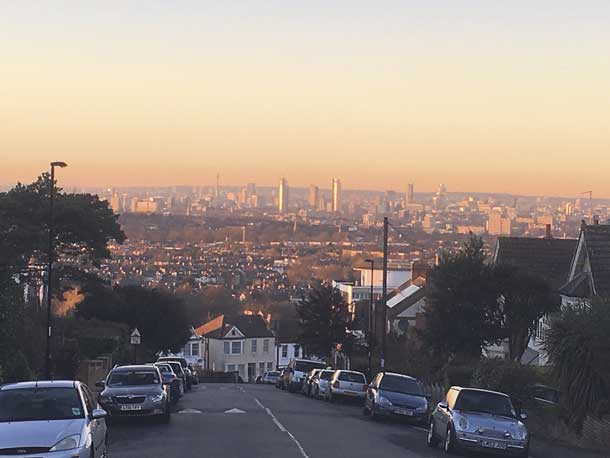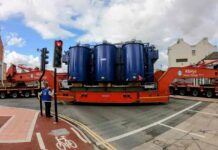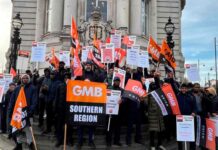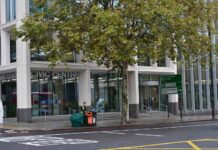Simon Still calls for bold action from politicians as Brixton leads the UK in pollution caused by cars and commercial vehicles

Brixton was in the news at the start of the year for all the wrong reasons. Brixton Road exceeded its air pollution limit for the whole of 2017 in the first five days of January.
Under EU law levels of nitrogen dioxide (NO2) must not exceed 200 micrograms per cubic metre more than 18 times in a year. On our high street that had happened 19 times before most of us had properly recovered from New Years Eve.
Air pollution is one of the main causes of premature death in the UK, second only to smoking. In London it is responsible for 10,000 premature deaths each year.
Children are particularly susceptible, with particulate pollution having been shown to cause a reduction in IQ. Most of Lambeth’s schools are next to busy roads.
Cold, still, weather has not helped and pollution has drifted from Europe but the only day of “clear air” in the last month was Christmas Day when there was almost no motor traffic in the city. This is a London problem caused by London’s roads.
The advice from mayor Sadiq Khan when pollution hits dangerous levels is to “avoid busy roads and strenuous exercise”. It’s not easy to avoid busy roads to access public transport in London. And, telling people to avoid exercise for the good of their health is particularly ironic.
The city of Paris reacted to similar issues by banning the most polluting vehicles and implementing an alternating number plate ban to reduce the number of cars on the roads. London’s mayor is still treating only the symptoms. His air quality plan has some good measures but most are years away from implementation.
Lambeth council’s plans to deal with air quality in the borough also fail to address the problem at source. The borough’s draft air quality action plan states that “priority 1 is to continue to encourage modal shift … to more sustainable transport”. But the document is long on vague promotional activities and short on the potentially unpopular actions that are needed to get people to leave cars at home.
No amount of encouragement will persuade people to walk and cycle while the road environment remains so hostile – due to both the volume and speed of traffic and the pollution that results.
Sustainable transport needs to be enabled not encouraged, but after ending its experimental Loughborough Junction road closures scheme early, Lambeth council has lost any political will for schemes to reduce traffic on the borough’s roads and to improve conditions for walking and cycling. What started as promising proposals for New Park Road ended with no significant reduction in traffic and cyclists squeezed by cars at newly created pinch points.
Since well over half of Lambeth households don’t even have access to a car, let alone drive on regular basis, this is not a problem where everyone can do their bit.
If you do currently drive local journeys I doubt that being asked to consider the health of others is going to make you switch (but we are asking anyway). Banning smoking indoors made public buildings better for everyone but we didn’t achieve it by asking people to be more considerate – it took what was, at the time, a contentious and unpopular policy decision.
Our air needs to be cleaner, and quickly, and that needs bold decisions and actions from our elected leaders both locally and nationally.







